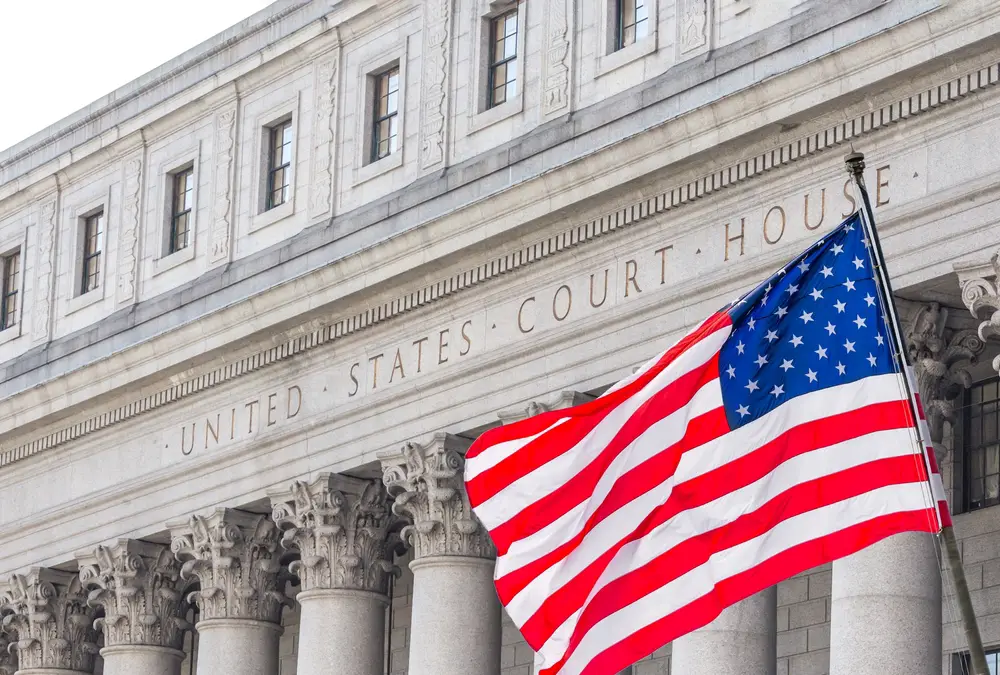
The Supreme Court is Poised to Intervene in J6 Cases
The Supreme Court of the United States could indirectly get involved in the January 6th charges against former President Donald J. Trump if it decides to hear the cases of three protesters charged with "obstructing an official proceeding," which is the same charge Trump is facing. NBC reports...
 thepoliticsbrief.com
thepoliticsbrief.com
The charge against Fischer, Lang, and Miller is an overextension of 18 U.S.C. 1512(c)(2), according to the defense attorneys, which says it is illegal to “corruptly” block, influence, or slow any official action. The defendants want the charge against them to be dropped. The law was passed in 2002 as a result of the Enron incident and is known as the Sarbanes-Oxley Act. Its purpose is to protect people from destroying evidence and not to protest or even fight.
In their statement, Trump’s lawyers said that the law was “enacted as part of the Sarbanes-Oxley Act of 2002 in response to the Enron scandal, to close a loophole in federal criminal law on evidence tampering.”As part of the Sarbanes-Oxley Act, Congress passed § 1512(c)(2). This was done because of “the exposure of Enron’s massive accounting fraud and revelations that the company’s outside auditor, Arthur Andersen LLP, had systematically destroyed potentially incriminating documents.”
According to Fischer’s lawyers, the Enron prosecutions showed a major flaw in the U.S. Code: the most recent version of § 1512(b) said that a defendant could not convince another person to destroy records related to an investigation or other proceeding, but those who destroyed evidence themselves were not responsible.
As a result, Trump’s lawyers argue:
“Thus the indictment takes a statute directed at the destruction of records in accounting fraud and applies it to disputing the outcome of a Presidential election. This stretches the statutory language beyond any plausible mooring to its text, which violates the canons of avoidance, lenity, and restraint discussed above.”
If the case or cases are taken up by the Supreme Court, Randall Eliason, a former federal prosecutor and professor at George Washington University Law School, told NBC News that Trump “could credibly ask to delay his trial until the case is resolved.” This could push Trump’s trial past Election Day 2024, but it might not. She said that if the Supreme Court steps in, the decision would probably come before the end of June, and the trial could still happen before November.
But any delay in the trial in Washington, D.C. is naturally good for Trump because he could have the charges against him dropped if the trial goes on long enough after his inauguration.

